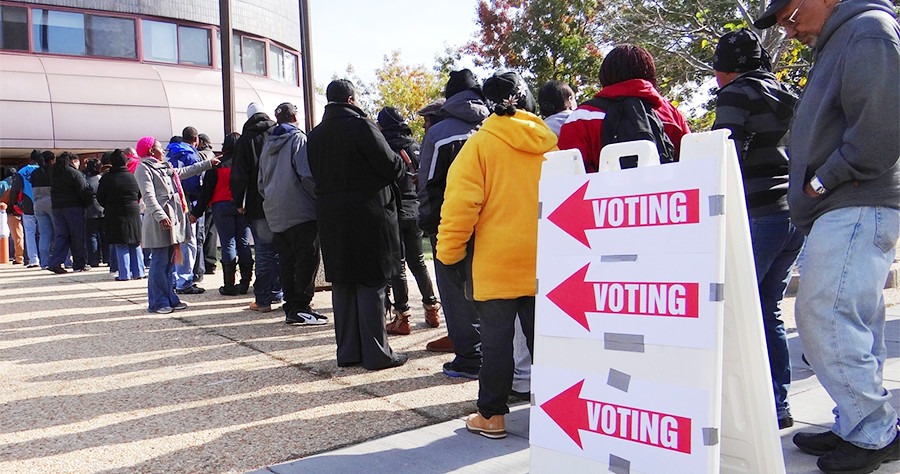Warwick e-voting software revolutionises voter safety
E-voting technology developed by the Universities of Warwick and Newcastle, designed to maximise vote security and ballot integrity, has been successfully deployed in a real-world election for the first time.
While it has previously been used in several test runs, SEEV (Self-Enforcing E-Voting) was used in its first official capacity when UNITA implemented the system for its recent Student Assembly elections.
UNITA, also known as Universitas Montium, is an alliance of six universities located in rural, mountain, and cross-border regions across Europe, which focuses on addressing common challenges and core-periphery dynamics.
The alliance, currently populated by over a quarter of a million students and academic staff, used the system to ensure fairness, integrity, and end-to-end verifiability for its elections.
Casting ballots no longer needs to involve investing great faith in electoral authorities
SEEV provides this by giving electors a voting receipt, allowing individuals to verify their vote has been cast as intended.
The incorporation of this feature is intended to ensure that casting ballots no longer needs to involve investing great faith in electoral authorities.
Feng Hao, a professor of Security Engineering at Warwick who serves as CEO of SEEV Technologies Ltd. (the company set up to commercialise the new technology), commented that SEEV was “unique” in that it makes every voter an active “observer” who “can independently verify the tallying integrity of an election”.
Speaking to Democracy Technologies, Hao added that SEEV addresses the security concerns many have with voting machines and e-voting.
SEEV’s developers hope to definitively address anxieties which have become particularly prominent following […] the 2020 Presidential election
“There’s no way for voters or for the parties to actually verify whether [the vote] tallying process is correct. That is the fundamental problem, and it is also why there are so many controversies surrounding it.”
By using voter verification, alongside encrypting votes, SEEV’s developers hope to definitively address anxieties which have become particularly prominent following Trump’s accusations of corrupt voting machines during the 2020 Presidential election – accusations which analysis has shown to have been unsubstantiated.
The University of Warwick has stated that SEEV’s usage during UNITA’s elections “ensured that [student] voices were heard in key decision-making spaces”.
The President of the Constituent Student Assembly of UNITA, Edoardo Miserere, also noted that the system aided in the creation of a “democratic environment to respect and secure the rights of our community”.
While this is only SEEV’s first use within an actual election, it marks a major step in the technology’s ascension towards achieving its goal of bettering democracy by rendering elections more transparent than ever before.

Comments